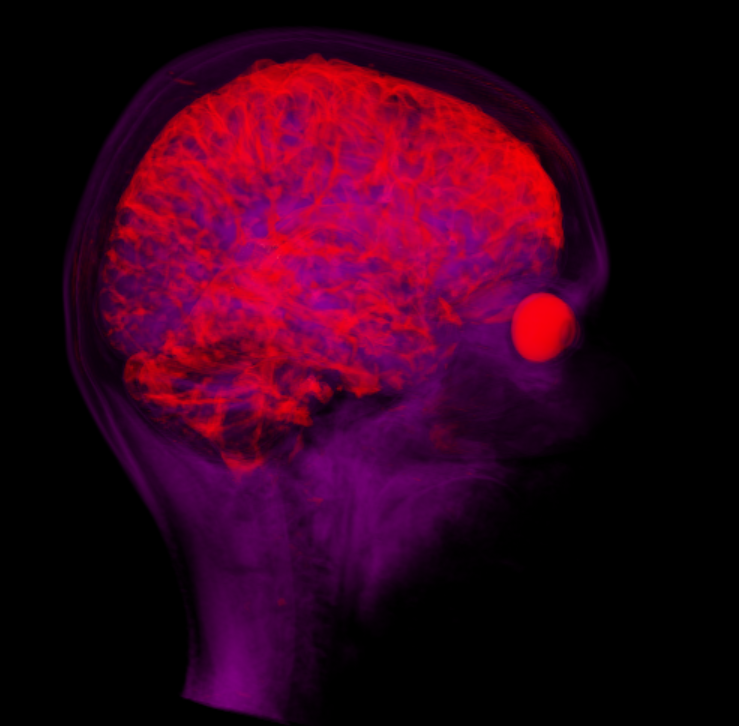︎︎︎ |
AMELIA WALKER
Amelia Walker has published four poetry collections and three poetry teaching resource books. She holds a PhD in creative writing and lectures at the University of South Australia. Her ongoing research resides at the nexus of the critically-creative as a mode of knowledge-making that enables innovative responses to fast-changing challenges of our times.
| Sensing/Making |
Make more sense, you told me.
Unsure what sense meant, from what to make it, I opened my dictionary, which in turn opened into multiple senses, but no recipe. It offered judgement, based in wisdom, fact and practicality—understanding. It offered words, too, of sensing: sound, taste, touch, smell, sight, fright, lust, love, motion and emotion; a sense of fun, of humor, or occasion; of right and wrong, South from Sky and good from better, among other directions; of waves, tides and their rises; moons and stars; rhythms and dancing; sense as experience, as knowledge and/as body; sensuality; intuition; what we know without knowing how we know; sense as common; connection; a shared sense; binding. All these senses seemed parts of longer dreams recurring differently in the minds of countless sleepers across endless eras. I decided I’d piece their parts together, make something for you—something in which I hoped you’d see sense.
I took the many words and reworked them. I turned them into cards, with which I built houses, countless houses, and then towers, halls, stations, malls and cemeteries. I made a small world for you, presented it with pride.
You glimpsed briefly, then smashed the lot down.
Try again, you said.
This time I went straight to the source. I pressed my ears to beehives, gathered their buzz, stewed it behind my eyes, cried nectar for you to drink.
You spat and grimaced.
Then I undressed myself for the ocean, let it sing through my insides and out. From sheets of foam, I made up a giant bed, soft and waiting.
You would not lie down.
I grew wings just to feel them clipped, busted limbs to know the how of healing. From ground feathers and bones, I fashioned sculptures of hearts—moving sculptures, really beating.
You barely looked, refused to touch.
After that I rode my bicycle across snow-covered beaches, slept inside mountains of sun. I ate to know tastes and starved to taste more. I sat in sound and danced with quiet. Time came and danced too, gifted me a sense of loss and thus gratitude for everything still left to lose.
I tried to share all this with you. You shook your head and turned away.
Finally, I stopped and asked,
What is sense?
How can I make it?
Your mouth opened—wide, then wider. From it rushed a freezing tide of silence.

| Chronics |
Stuck—neither moving forward nor able to spin back and reclaim lost life racing past in lightning colours like warp speed in some old-school lo-fi sci-fi, like one of those show rides that busts gravity and simulates flight by spinning in place.
Also years ago, though far apart, a school friend phoned, distressed. She was hospitalized, being forced into ECT. Could I get her out?
The old hospital’s winding corridors also reminded me of the retro space age—a vortex, being pulled along. Exposed pipes. No windows. The air was pine-o-clean and salt damp. I found my friend shaking, shrunken under the weight of medications. Cocking her head towards the glassed nurses’ station, she whisper-screamed,
I used to be a lioness, but those sharks, they’ve made me a goldfish.
Failing to fix the clock, I found myself on the linoleum. How long had I blacked out? The clock was still broken. I heard laughter. Mine. My body was laughing. Why? It wasn’t funny. Yet it was—funny-odd how the sad-tiredness had shifted. It was no longer midnight, regardless of the clock.
When I told my friend’s family I could help advocate for a different treatment, they had me barred from visiting. After she got out, I apologised to her for my powerlessness. She said it had been for the best. It had fixed her, she said. But soon she was hospitalized again. Then back out. Then gone. Then back. Then…
This is life, for some people. It is not my place to comment.
The sad-tiredness from before my shock returned too. Then went. And came back. And went. Not because I’d shocked myself again. Just with time, like breathing. This is life for me: my brain is my body is a clock: I breathe, I tick, I am rhythm, falling in and out. I still do daft things—frequently—but stay clear of sockets. My oven still flashes four blue zeroes. Years later, it’s sometimes still always midnight.
